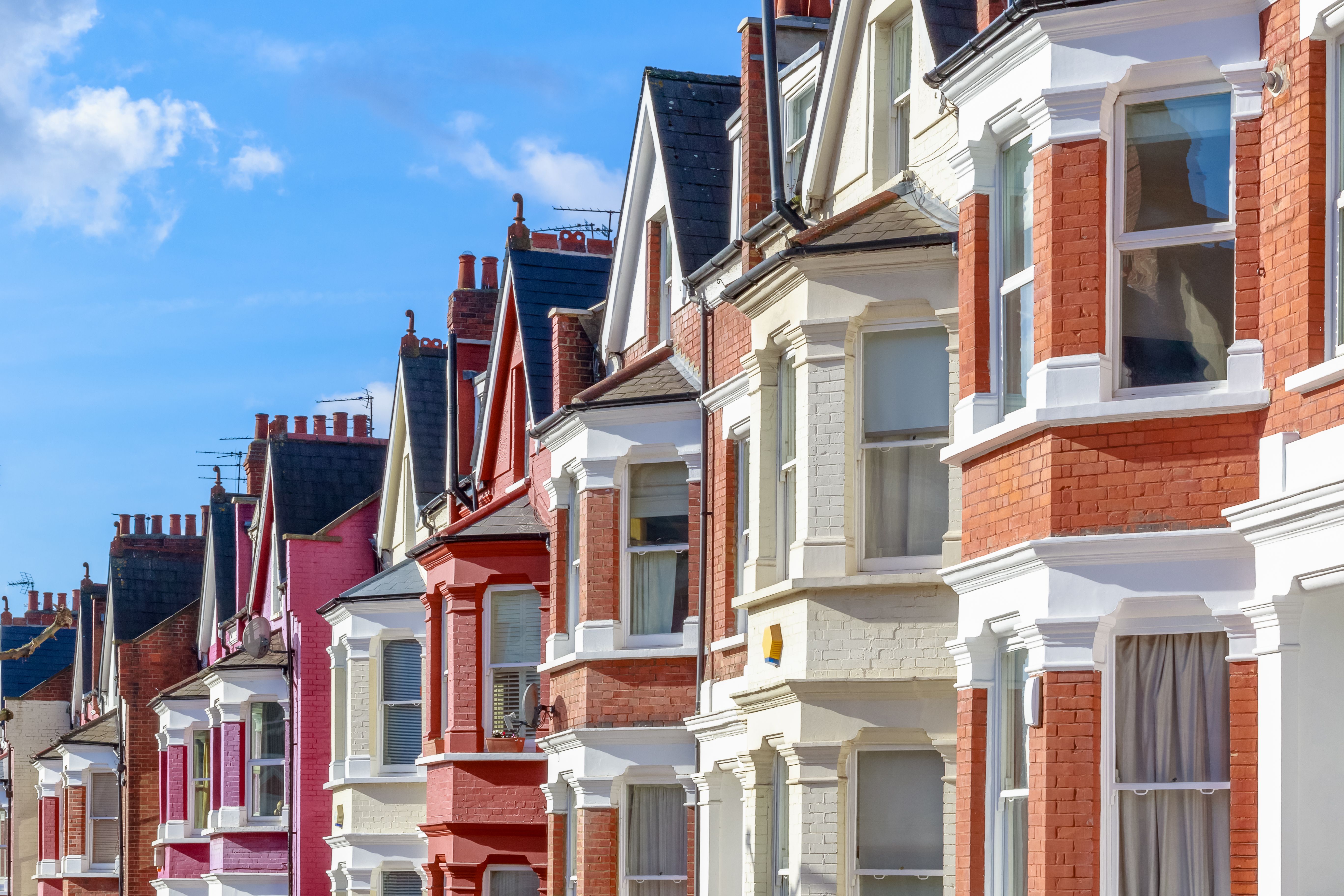
UK house annual price growth “increased slightly” to 11% in July leaving the average price of a home at £271,209, according to Nationwide.
This figure is a lift from 10.7% in the year to June, says the mutual’s July House Price Index, with prices edging up by 0.1% last month.
This is the 12th monthly increase in a row, keeping annual price growth in double digits for the ninth month in a row.
The index says that “strong labour market conditions, where the unemployment rate remains near 50-year lows” and “the limited stock of homes on the market” have kept prices high despite a growing cost of living crisis.
The data comes as the Bank of England is widely expected to raise the base rate, by as much as 0.5%, for the sixth time in a row on Thursday.
The Bank has lifted the base rate five times in a row since December from a historic low of 0.1% to 1.25%, a 13-year high, to combat rising inflation, which hit 9.4% in June, setting a fresh 40-year record.
Nationwide chief economist Robert Gardner says: “The housing market has retained a surprising degree of momentum given the mounting pressures on household budgets from high inflation, which has already driven consumer confidence to all-time lows.
“While there are tentative signs of a slowdown in activity, with a dip in the number of mortgage approvals for house purchases in June, this has yet to feed through to price growth.
“Demand continues to be supported by strong labour market conditions, where the unemployment rate remains near 50-year lows and with the number of job vacancies close to record highs. At the same time, the limited stock of homes on the market has helped keep upward pressure on house prices.
“We continue to expect the market to slow as pressure on household budgets intensifies in the coming quarters, with inflation set to reach double digits towards the end of the year. Moreover, the Bank of England is widely expected to raise interest rates further, which will also exert a cooling impact on the market if this feeds through to mortgage rates.”
Knight Frank head of UK residential research Tom Bill adds: “Despite double-digit house price growth, a slowdown is in the post.
“Mortgages have become notably more expensive in recent months and inflation will get worse before it gets better. For those wondering how house prices can continue to grow as the cost-of-living squeeze intensifies, the answer is that they are happening for the same reason – a supply chain disruption.
“As more property is listed and demand is eventually curbed by higher rates, we expect price growth to drop to single digits this year.”
Together head of personal finance intermediary sales James Briggs says: “Due to the impact of the highest levels of inflation in 40 years, cost-of-living challenges and supply shortages, it’s possible that we will soon see the housing bubble start to deflate, particularly in regions that have seen exponential growth in recent years.
“Additionally, the Bank of England may find themselves tightening their monetary policies further to curb inflation with more rate rises afoot, making mortgage borrowing more expensive for buyers and those clients rolling off fixed products.
“With worries of a recession on the horizon, stretched consumers may be reassessing their finances as they brace for autumn, where energy bills are set to soar, and discretionary spending will be increasingly curbed.”



